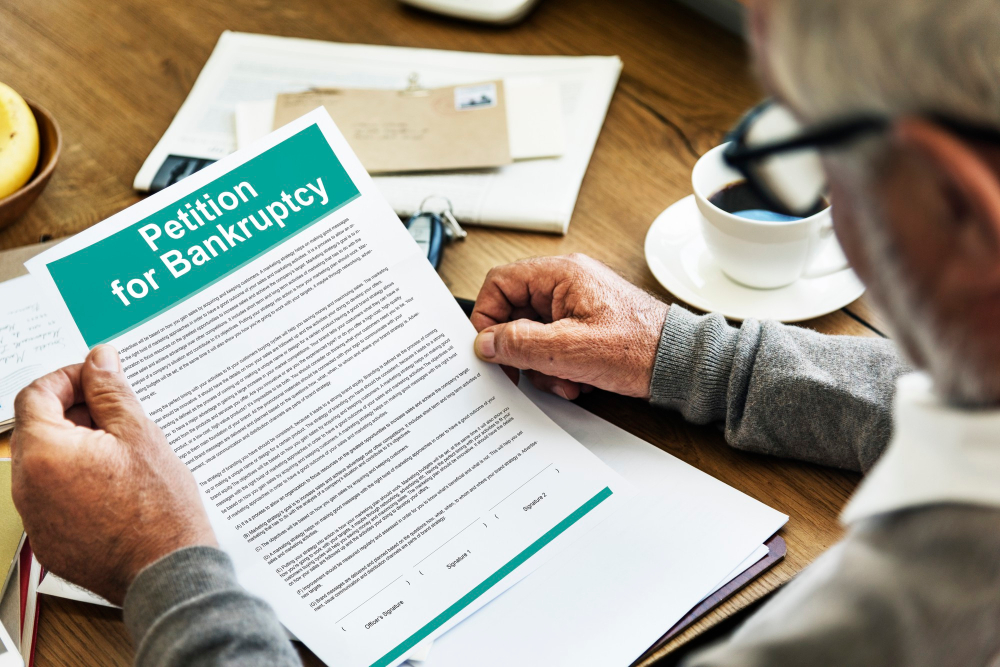Chapter 7 Bankruptcy
When most people think of bankruptcy, they are usually thinking of a Chapter 7 bankruptcy. Chapter 7 is the most common form of bankruptcy in the United States.
In a Chapter 7 bankruptcy, the individual is allowed to keep certain exempt property. Most liens, however (such as real estate mortgages and security interests for car loans), survive, unless you choose to surrender the property. The amount of property that can be claimed as exempt varies from state to state. Non-exempt assets, if any, are sold by the trustee to repay creditors. Many types of unsecured debt are legally discharged by the bankruptcy proceeding.

- Credit cards
- Medical bills
- Unsecured loans
- Personal loans
- Older tax debt may be dischargeable
- Debts from a vehicle repossession
- Home equity lines of credit (HELOC), if your home was foreclosed or surrendered
- Child support
- Income taxes less than 3 years old and property taxes
- Student loans (very rare exceptions)
- Fines and restitution imposed by a court for any crimes committed by the debtor
- Spousal support
- Property settlements through divorce
Despite their potential non-dischargeability, all debts must be listed on bankruptcy schedules
Filing for Chapter 7 bankruptcy is often the quickest way out of debt and the quickest way to rebuild credit. Once we have met with you and discussed your options, we will prepare the paperwork for filing, complete the Means Test and determine the best time to file.
You will need to be prepared to provide the following documents in order for us to prepare your case:
- A copy of your most recent filed tax return
- If you are working, copies of your paystubs for the last 6 months
- Copy of your valid picture ID (driver’s license)
- Copy of your SS card or other form of SS number verification
- Also, you will be required to take a credit counseling course (online or by telephone) before your case is filed and a Financial Management course after your case is filed. Our office provides clients with the information to complete these courses at the appropriate times.
Once your Chapter 7 bankruptcy is filed, the court immediately issues an order called an “automatic stay.” At that time, your creditors are prevented from taking any further steps to collect the debt. This bankruptcy order is often the relief most people need just to start putting their finances back in order.
Approximately 45 days after filing your case, you are required to attend a creditor meeting with your attorney. There is no judge present, but a trustee is assigned to your case and verifies the information in your bankruptcy petition. At the end of your case, you will receive an Order of Discharge issued by a Federal Bankruptcy Court. This court order prevents creditors from taking any further action to enforce collections against you.
Learn more about the protection Chapter 7 bankruptcy offers. Contact us today your free initial consultation.
